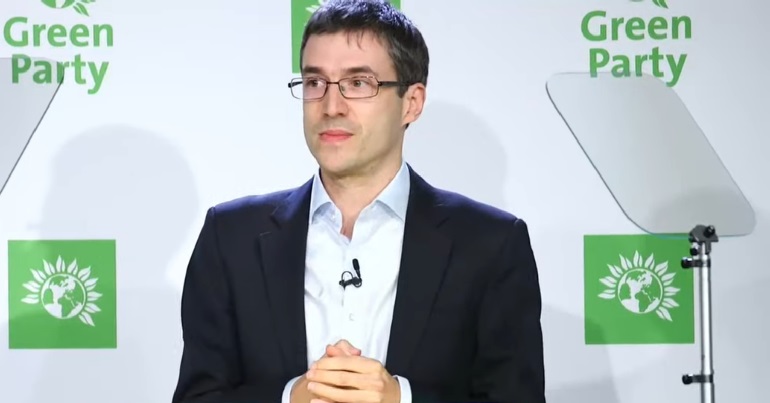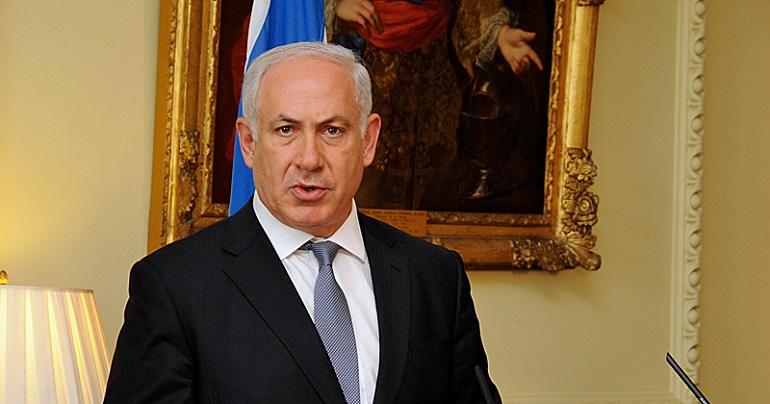Bright Green Fringe at the Green Party Conference
This weekend’s Green Party Conference, featured a new fringe organised by Adam Ramsay – Bright Green (named after the very excellent blog of the same name). I was asked to speak as part of a panel, alongside Murray Worthy (of WDM & UKUncut) and Adrian Ramsay, deputy leader of the party.
Before I spoke, Murray Worth very eloquently laid out the way the neo liberalism that has underpinned global economic problems, and how neo-liberalism has manifested the same problems in many other countries..
I didn’t write anything down, because I was on a panel with two people whose views I was fairly interested in hearing. It has to be said, I felt a little like a fraud. I was handed a badge, which said Lisa Ansell – The Guardian. Which although accurate in that the Guardian occasionally publish my stuff, really led me to question my qualification to speak for anyone else. This is at the heart of some of the questions that I think we all need to be asking about what is happening now, and what will happen in the future
With a crammed room, Murray spoke eloquently about the way that neo liberalism has had to be fought across the globe. Several ideas which have been bothering me for a while, came to the surface. The way that Thatcherite economic policies have fractured the communities I grew up in, the low likelihood of successful immediate protest against welfare and local authority cuts, and way in which most of those immediately affected have already been demonised. He spoke about how the agenda of privatisation and corporate greed has taken over communities, and removed the space they have and the services they need. How directly relevant this was to our ability to fight the agenda we are seeing. How many lessons there are in other countries, and the sheer weight of evidence we have to guide this effort.
I thought about the way in which discussion of political ideology along a left/right axis stifles has strangled debate about how best to fight this toxic and very clear economic agenda. The way it appears to blind people to reality. About what it is that we are fighting, and what this fight isn’t. The way that voices get lost in the debate, and how easy it is to believe that one person is able to speak for entire groups of people. The impossible task of opposing an agenda, held by all our main political parties and many of the great powers across the world. The realistic chance of success at a time when our political mainstream is doing everything it can to co-opt opposition to the effect of these policies, into political capital for parties who share them.
Adrian Ramsay outlined the Green Party stance on opposition of the economic agenda which necessitates cuts, and I realised it was strange to hear a representative of a political party talk about challenging the economic consensus that has existed in parliament since the mid nineties. He spoke about rebuilding a new economy, an economy which defended people locally as well as nationally and offered Britain something sustainable. The task the Green Party has begun, is the same task that faces the anti-cuts movement. It is the willingness to act, to organise-even when what is ahead seems insurmountable and might fail which provides the key to fighting this economic consensus.
I opened by talking about solidarity, and the massive challenge that fighting this economic agenda brought. About the need to recognise that your own political ideology may not actually be shared by those fighting the cuts that affect them. About the moves so far to dress the fight against the cuts as a ‘left wing’ movement, with Labour as a moderate response and the SWP being seen as a radical response- and how effectively that has hindered the fight against the cuts at a national and local level.
It is becoming evident (and the report that came out from Hope not Hate, which I want to write about when I have time, came out just after I left) that traditional left wing views of what the working class ‘are’ are no more accurate than those peddled by our Conservative led government. That in order for a wider movement to be successful, it has to consider what and who any ‘movement’ is actually fighting for. I asked whether people wanting to ally with the anti-cuts movement would be able to show solidarity with the lifelong Tory voter.
The movements that claim to represent the working class, their traditional parties, and even to a lesser extent the Unions: are no longer their natural representatives (and we know that 30 years of neo-liberalism has fractured communities, demonised large sections of working class communities). The far right are being ever smarter about the threat they pose, Long term there is only one solution.
The people who the first round of cuts rely on being disenfranchised and unrepresented- have to begin to organise. Only by gluing together the fragments of what has been left by 30 years of neo liberalism can we even begin to have a hope of building something constructive in it’s wake. Us the time it will take for our ‘squeezed middle’ to realise the reality of this agenda, and it’s consequences- to put down the seeds of real organisation.
All traditional labour movements, union movements and political movements have come from grassroots. And in the year or so, before the challenging economic and political orthodoxy is seen as important by those with the privilege of a mainstream voice- we have the time to begin to put down the grassroots of organisation.
Not build a movement that can mobilise 200’000 on March 26th this year for sure- but in the little things, in our own communities- using the technologies and techniques we see elsewhere- we could begin to do this. A movement which can build on the work done by the Student movement, the Unions and everyone else fighting. Reclaiming the things that can help communities stay together. This is not glamorous, this is not likely to lead to you name being in the paper- the legwork.
Treat this as a long term issue- not one which will be solved by a couple of hundred thousands coming out on the streets on a nominated day and unsuccessful if policies are not stopped the next day. About the wider economic implications of what is happening, and the opportunity of having another year or so before it really becomes apparent to everyone that something needs to be done.
I spoke about Benefits Uncut – a project I am working on with several other people.
The aim of benefits uncut is to a) provide practical help that is needed. To give out benefits and debt advice training materials from one point. To use that website to give people the opportunity to talk to each other, and to organise offline- creating support in their communities. Informal networks of debt/benefit advisors and support to organise over direct actions. A way in which activists can link with people in communities affected and share their skills. Not support which relies on grant applications- or charities and public sector funding. Begin to try and glue back together the fragments of communities left by neo-liberalism from the ground up, and for those outside those communities to be able to link to them. Not just preach at, or on behalf of them..
Use the techniques of the False Economy website- to create a portal of information/research/ and news which challenges the vile dogma which dominates our air waves. And to start making the links in our own communities, which help us prepare to represent ourselves. Organise ourselves. In the hope that as any anti-cuts movement builds up pace, it will have to represent the interests of those affected- not just those who claim to represent us when they want votes.
I hope that our site can work in conjunction with the network of other anti-cuts sites, benefits advice sites, community and voluntary group sites- so that it can be part of people beginning to organise. Not representative of everyone- not with a select few at the helm speaking for everyone.
So that when the time comes mechanisms are there so voices can be heard- not just the voices of the traditional organisations who claim to fight for us. Not those who self appoint. Initially using that organisation to put things in place which allow people to withstand some of the effects of this- to support each other. On the understanding that this type of organisation, however unglamourous and unimportant it seems can provide the basis of real mobilisation later on. In the same way a party at the beginning of its emergence onto the national scene, has to build outside a Westminster where it has only one representative- any anti-cuts movement is going to have to do the same.
To treat differences in belief and ideology as expected, when the economic threat to so many is so real and immediate. And to hope that as has always happened with grassroots movements, by organising to fight the wider economic inequality- a new political ideology will emerge. The ideologies which have so clearly failed, given their lack of support amongst those who they claim to represent change to reflect the things they misunderstood.
By creating real solidarity instead of repeating a word that we have learned. This is not the only short term or long term solution to what is happening, but this is the only way that any long term solution is going to actually be something that people want- and which is any different to what we have now. Any movement built on idealised versions of what working class communities are, is as likely to be successful as social policy based on equally inaccurate and far less generous assumptions from our coalition government.
The question and answer session that followed was interesting. Councillors discussed the inherent difficulties of making decisions about whether to mitigate the effect of the cuts in a real way, or to take a stand which may actually hurt people on the ground. A doctor spoke to me afterwards about the letters he wrote in support of a patient whose ESA had been stopped as his own form of direct action. There were many there that I wish I had had chance to speak more to- but I had to leave early the next day due to a train strike. I might go again next year, if they will all low a card carrying Labour party member to attend (I still haven’t given up that party membership…call it an error of judgement).
This post originally appeared at Lisa’s own blog, lisaansell.posterous.com.




Leave a Reply